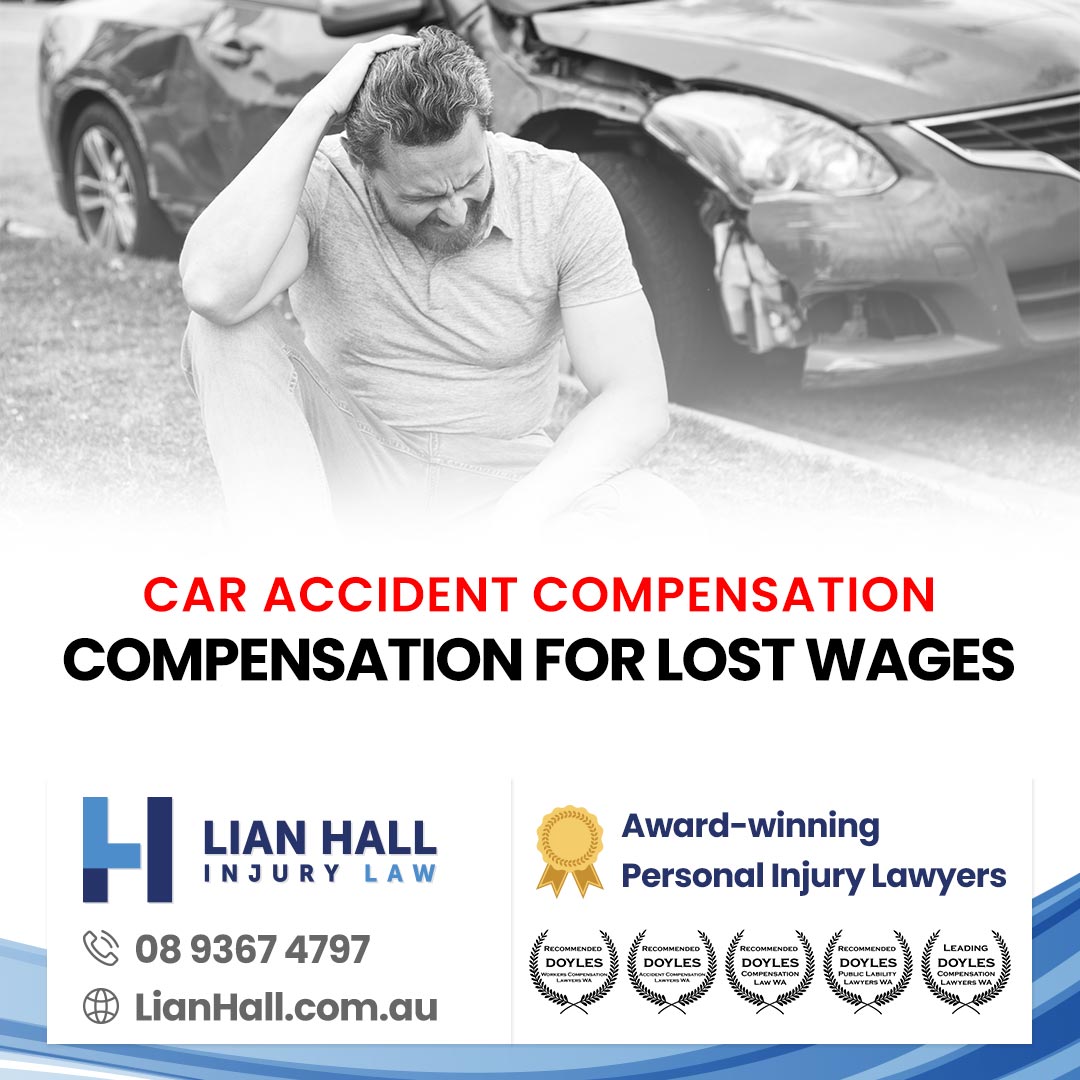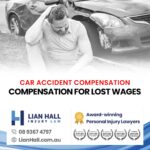In a Queensland case the Claimant claimed compensation for injuries suffered in a car accident. He claimed that because of the car accident he had injured his shoulder and could not work as a tiler. He claimed lost earnings. But the insurance company argued that he should not be paid any compensation for lost earnings because:
- He had pre-existing injuries that had nothing to do with the accident, and it was those that prevented him from working as a tiler, and not the car accident injuries; and
- He had been offered other jobs, administration work at the office, but the Claimant had refused to take up those job offers. The insurance company said that the Claimant should not be paid lost earnings when he had been offered work elsewhere and had refused to take up the jobs; and
- The claimant relied on tax returns to show his drop in earnings, but his tax returns were false returns and couldn’t be relied on as accurate;
- He was a bad witness at court. The evidence that he gave at trial was inconsistent and unreliable.
Not lost earnings, but lost economic capacity
The Appeal Court said that in spite of the claimant’s poor credibility, and in spite of the false tax returns, the job of the Court was to think about the evidence, apply any discounting factors because of things like credibility and probabilities, and work out:
- Did the accident cause a “reduced capacity” for work; and
- If “yes” then the Court must assess the economic loss associated with that reduced capacity as best it can.
In this case, in spite of his poor credibility, his pre-existing injuries, and that his tax returns could not be used, there was clear evidence from his work mates that the car accident had caused a reduction in the claimant’s ability to work as a tiler. His mates gave evidence that tiling was heavy work and how he was able to work before the accident, but after the accident he couldn’t work and how his shoulder injuries affected him. Once that evidence was accepted it was easy for the Court to say that the car accident had caused a reduced capacity for work.
The Court then had to assess an amount as compensation for the reduced capacity. Now the court was faced with the problem that:
- There were serious problems with his tax returns;
- There were no tax records;
- It was extremely difficult to find any records to show what he actually earned as a tiler.
But the job of the Court is to do the best it can no matter how hard that might be. Ultimately the Court relied on evidence from other tilers about what a tiler could earn in the open market, and then looked at the Claimant and assessed what he could earn working limited hours with a shoulder injury and assessed compensation accordingly.
Lessons
If you have made a claim for compensation and the insurance company will not pay lost earnings because you have no tax returns or financial statements or any documents to prove your loss, don’t give up, get legal advice from a personal injury lawyer. The test is not lost earnings. The test is lost economic capacity. You need to show that the car accident has affected your capacity to do your usual job, and once you have done that you need to work on proving what you “could have earned” if that accident had not happened, versus what you “actually earned” with your injuries. That can be done in any number of ways. Give Lian Hall Injury Law a call if you want to know more about claiming lost earnings.










